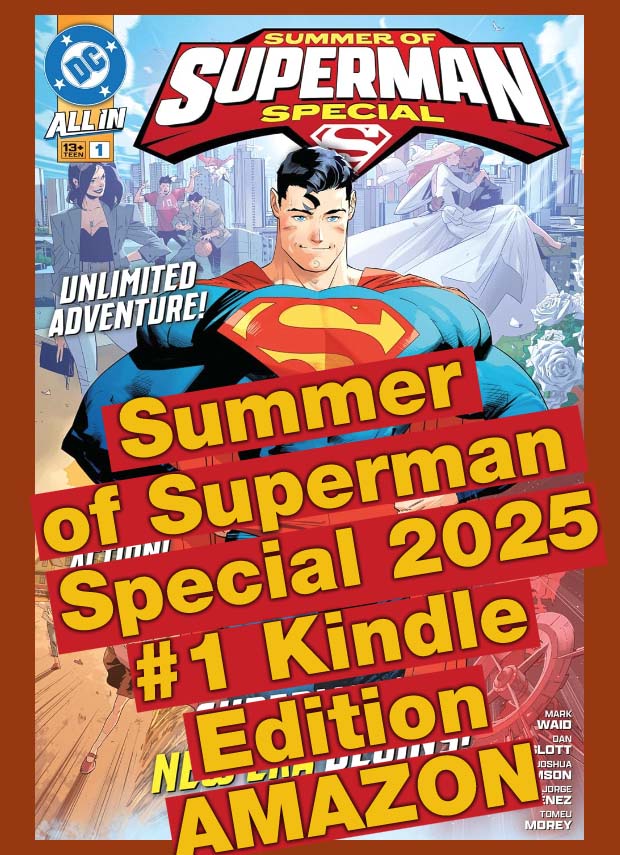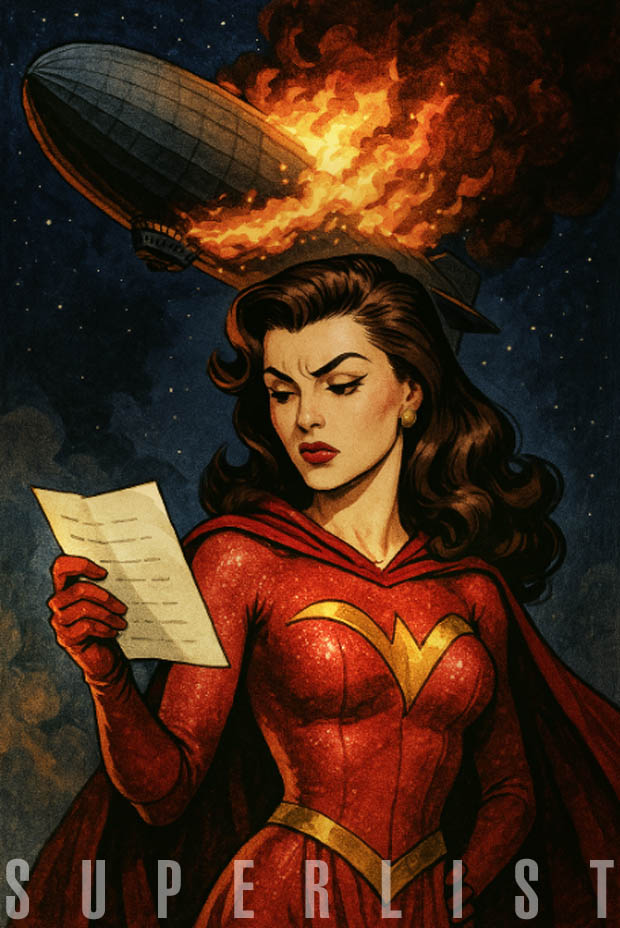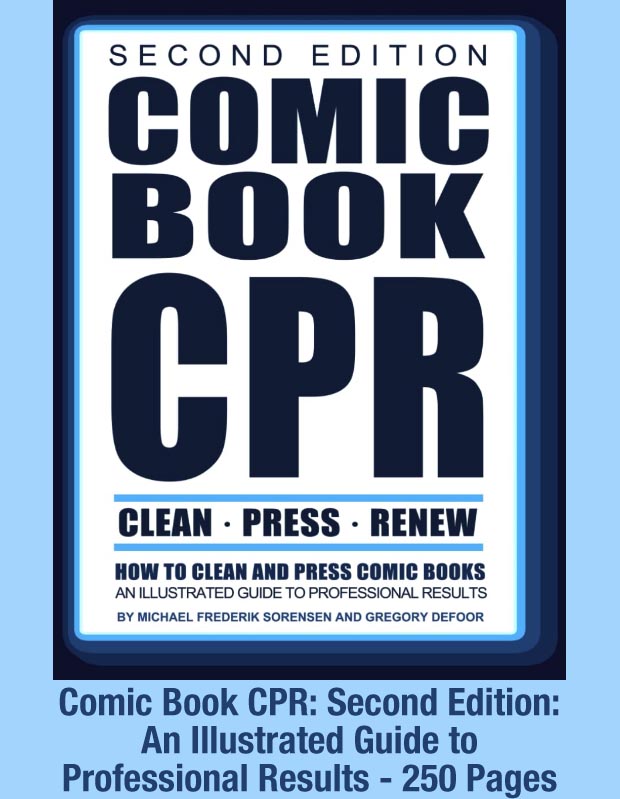Reboot Blues 2011
DC Comics renumbers all series back to "no.1" in September
June 2011
And another general complaint about the big business of pamphlet comics
[Starting on August 31, DC Comics will renumber 52 different books back to #1. Every single title that takes place in the DC Universe will be changed, and there will be major costume and personality changes, too. All 52 #1 issues will launch over a period of 5 weeks.]
Related: DC Comics creative teams for reboot announced
Reboot Blues
According to an article by George Gustines at the New York Times, DC Comics will renumber all of their series "back to No.1" this September.
"The renumbering rumors have been recent fodder for discussion on columns and message boards of various comic-book Web sites. One of the big questions regarding the move has been whether these are simply new directions for the various characters (say, Batman moves to San Francisco) or a “reboot” (a new take on the character that ignores previous continuity, say, Batman is now a teenager or an alien from the future).
In 1985 DC Comics published Crisis on Infinite Earths, a limited series intended to streamline the at times convoluted continuity of its heroes. At the conclusion of that series the idea of restarting every title with a new No. 1 was mulled but ultimately rejected.
Still, the post-Crisis alterations to some of the characters were substantial: Superman, who at that point had been published for 47 years and had encountered enough Kryptonians to fill a couple of stadiums, became the sole survivor of the doomed planet. His career as Superboy was also erased. Wonder Woman received a new series (and a new No. 1) that presented her as freshly arrived to the world and having never been a founding member of the Justice League. The murderer of Bruce Wayne’s parents, the traumatic event at the core of Batman, was never found."
Comic book continuity has always been an annoying thorn in the side, but maybe throwing everything into the air and dismantling/rebuilding the "DC Universe" is the easiest way to cut through all the nonsense that's been built up over the decades.
But, I am suspicious of the future: DC Comics seems to have gotten into the business of creative packaging at the expense of creative work.
Why?
When I read a DC comic book, I personally don't like having to pay any attention to the corporate machine at DC Comics, and the theoretics of their "mythology." I suspect it is a point of pride that they're trying to work out a logic to their superhero dogma, but all that energy and leadership is going into the wrong area when it appears the individual books themselves are being poorly edited (typos, word balloons that don't match to the correct character who is speaking, indifferent coloring to what is occurring in the story, and production work that emphasizes things like high gloss UV paper but then trim and bind the artwork pages in such a way portions of art are hidden if not missing altogether, like has been the case in the misnamed 'prestige format' DC uses from time to time).
In this move to renumber back to No.1, they'll be releasing themselves from the burdens of all that overhead of story history, but I suspect an even worse "theology" will be created to dampen the tales with pointless detail and exposition. Reboots have worked before on individual series, but how do you reboot an industry dedicated to a constant rearguard action as it retreats toward miniaturization? What happens if movie licensing money dries up and comic books are no longer treated as an inexpensive seedbed for TV, movies and books? If suddenly the audience is only just the fans of the medium, what happens?
I love the plain pamphlet comic book, but it is a suffering beast with paltry writing skills going into making each individual issue "work," and for this the blame is on the shoulders of the management and editors of mainstream comic book companies. The mainstream comic book is supposed to be a compact story-telling engine that can condense a tale into 12, 22 or 32 pages (or much, much more) as needed, and still retaining all the mechanics that belong to any other story-telling medium (TV, movies, books). But modern comic book stories are often bloated with plot points repeated numerous times like a badly managed TV-movie as the "arc" is spread out over multiple issues. As western countries become more ADHD, comic books march in the opposite direction. Why?
I see specialty shops weighing ever more heavily toward games and other detritus instead of actual comics, and I see Barnes and Nobles stores expanding their Manga shelves but shrinking the "graphic novel" section. Why?
Original page June 1, 2011 | Updated October 2020



